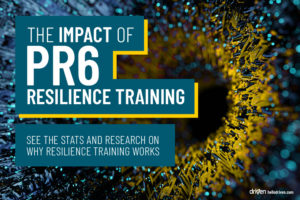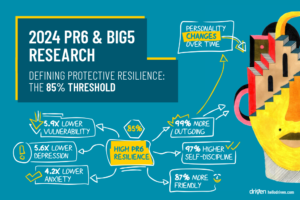Dental health and dementia are not commonly thought of together. What does dental health have to do with mental health, anyway? Surprisingly, there seems to be a strong link between these two.
In fact, if your gums bleed easily, then you might have a gingivitis infection. New research has showed that gingivitis bacteria make it into the brain. Once inside, the brain produces β-amyloid proteins as a defence against the bacteria, and it is exactly the buildup of these proteins that cause neural breakdown that cause Alzheimer’s – a major cause of dementia.
A research team recently compared 50 brain samples of deceased Alzheimer’s patients to 50 healthy samples, finding that over 90% of Alzheimer’s samples contained P. gingivalis. Similar findings were observed with live patients through spinal fluid drawing.
The idea that gingivitis can cause Alzheimer’s was then tested by rubbing the bacteria on the teeth of mice, where sure enough, over time the mice started to develop the memory-robbing disease. This is truly a remarkable finding, potentially identifying a way to drastically reduce the risk of the disease through simply promoting good dental health.
Build more than 200 healthy habits with the Driven app.
Finding hidden connections
So why am I writing about this? Well for one thing, to get you to floss to keep those teeth healthy, but also because of the broader concept at play here.
Last time I wrote about the exposome, and how a broader investigation across all factors of human life can help to find new connections. This research connecting Alzheimer’s to gingivitis is exactly the kind of unexpected discoveries that could be made, helping to find cures and preventative measures against some of the worst diseases we face.
I’m really excited about a new era where we can start to connect all these different specialities and fields of knowledge to see what advances integration brings. Simple and practical tools to bring these insights to practitioners and individuals can open a whole new field of practical preventative healthcare.
After all, if you could prevent Alzheimer’s by flossing every day, why wouldn’t you?
All the best!
Jurie



